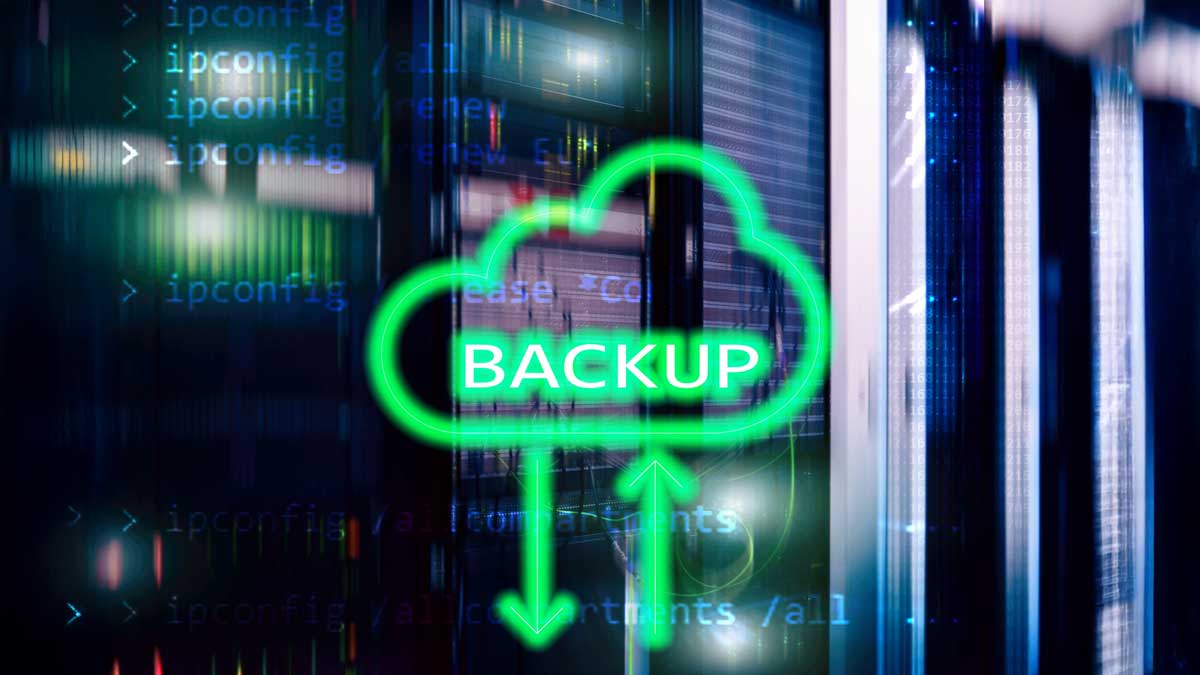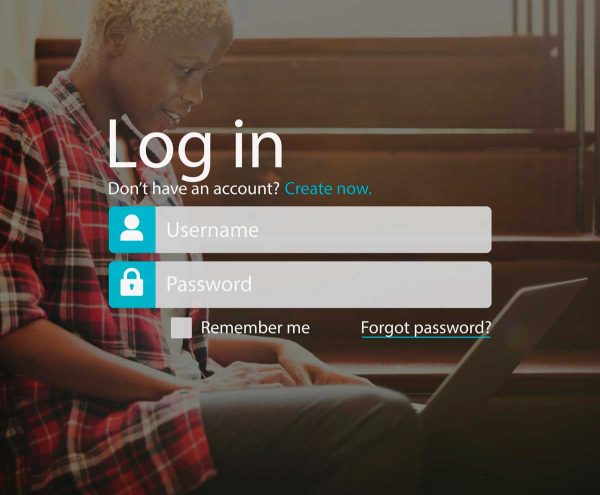What does a data backup company do?

One weak password, one employee mistake, one outdated backup—that’s all it takes to bring a business to a standstill.
And yet, most companies don’t think about data backup until they’re already in panic mode. A file goes missing, a server crashes, or a ransomware attack locks everything behind a paywall—and suddenly, there’s no clear way forward.
It’s not always the dramatic stuff, either. Sometimes a folder gets deleted months ago without anyone noticing. Sometimes software overwrites a critical document during an update. You don’t find out until someone needs it—and by then, it’s urgent.
That’s where a data backup company comes in.
Their job is to make sure those files aren’t gone forever, and more importantly, to put systems in place so you’re not gambling with your most important information in the first place. It’s not just about recovering what was lost—it’s about knowing you can recover it, every time.
For small businesses, that protection is more than just a safety net. It’s the difference between returning to work in a few hours or shutting down entirely.
Understanding what a backup partner really does can help you avoid the worst-case scenario—and build a resilient business, even when things go wrong.
Why backups—not passwords—are your last line of defense

Strong passwords matter. Multi-factor authentication helps. But when protecting your business from data loss, none of that matters if you can’t recover what’s gone.
That’s the part most companies overlook.
A recent story made headlines about a 158-year-old transportation company in the UK that had to shut down because of a “bad password.” But the real issue wasn’t the password. It was the fact that they didn’t have proper backups. If they had, the following ransomware attack would’ve been a hassle—not a fatal blow.
Passwords help keep people out. Backups allow you to rebuild after they’ve already gotten in.
Your data is always at risk, whether from a hacker, an employee mistake, or a hardware failure. While prevention is essential, backup is what saves you when prevention fails. It’s your last line of defense—the safety net that gives your business a chance to keep going when everything else goes sideways.
That’s why a good data backup company doesn’t just focus on fixing problems after the fact. They focus on building a plan that assumes something will go wrong and ensures you’re ready for it when it does.
What data backup really means (and what it doesn’t)
“Data recovery” invokes images of high-stakes emergencies—files corrupted beyond recognition, systems locked by ransomware, or someone accidentally deleting an entire drive. While those situations do happen, recovery isn’t just about digital forensics or disaster cleanup.
At its core, data recovery is about restoring access to something important that you no longer have. That might be a file lost an hour ago or one that disappeared six months back. Maybe it was deleted by accident. Maybe it was overwritten by software. Maybe it was encrypted in an attack. The cause doesn’t matter as much as one simple question: Can you get it back?
The “what it doesn’t mean” part comes in here.
Data recovery doesn’t mean sifting through broken hard drives with tweezers in a lab coat—at least not most of the time. And it definitely doesn’t mean guessing or hoping. It means having a system in place that lets you restore what was lost, when it was lost, without losing hours—or days—of productivity.
Good backup isn’t just about technology. It’s about process. Where is your data backed up? How often? How many versions are saved? How fast can it be restored? Those are the questions a real backup partner helps you answer—before something goes wrong.
How ransomware attacks become business-ending events

When people think of ransomware, they usually focus on the attack itself—files getting locked, messages demanding payment, and a company scrambling to decide whether to pay or start over. But the real damage often comes after that moment. It’s in the realization that there’s no clean backup to restore from, no way to undo what was just done.
That’s when companies shut their doors.
It doesn’t take sophisticated tactics or big names to make it happen. Small businesses are often targeted precisely because they’re easier to breach. All it takes is one compromised login, one outdated system, or one employee who clicks the wrong email.
Once attackers are in, they encrypt everything: client files, financial records, internal documents, even backups if they can reach them. The ransom is just the final step. If you don’t have a clean, separate backup to recover from, you’re left with two options: pay and hope, or start from scratch.
Neither is good. And neither should be necessary.
A good data backup company helps make sure you never end up in that position. It’s not about preventing every attack—because no one can. It’s about being able to bounce back when something bad happens. With the right systems in place, ransomware becomes a disruption—not a death sentence.
Why backup frequency actually matters
Most businesses assume they’re covered if they have some kind of backup. But how often those backups run—and how far back they go—makes all the difference when something goes wrong.
Imagine losing a day’s worth of work. Now imagine losing a week. Or a month. That’s not just inconvenient—it’s lost revenue, missed deadlines, and frustrated clients.
Here’s why frequency matters more than most people realize:
- The longer the gap, the more you lose
If your backups run once a day and something breaks at 4 p.m., everything done since that morning is gone.
- Some businesses can’t afford to lose even an hour
Industries like engineering, healthcare, and finance often rely on near-real-time backups to avoid major disruptions.
- People don’t always notice a problem right away
A file could have been deleted or corrupted weeks ago before anyone realized. If your backups don’t go back far enough, recovery becomes impossible.
- Manual backups get skipped
Relying on a person to back things up every so often is a recipe for gaps. Automated, scheduled backups reduce human error.
- Frequent backups mean faster recovery
You can bounce back to a more recent point, minimizing downtime and avoiding rework.
A good data backup company helps you define how much data you can afford to lose—then builds a backup plan that meets that tolerance. It’s not about copying everything constantly. It’s about protecting what matters, with the right rhythm.
What backup looks like in a real crisis

When disaster strikes, the first question isn’t “What went wrong?” It’s “How fast can we get back to normal?”
That’s where a data backup company proves its worth. Recovery isn’t just about flipping a switch and watching everything reappear. It’s a process that depends on how well your systems were set up beforehand.
Let’s say a business gets hit with ransomware. Their files are encrypted, operations grind to a halt, and the clock starts ticking. With a backup partner already in place, that company doesn’t have to figure out what to do—they already have a plan. The provider isolates the issue, confirms the integrity of the backups, and begins restoring systems to the last clean point. Sometimes that takes hours. Sometimes less.
Without that support, that same company is left scrambling, trying to remember what was backed up and where, hoping they still have access to whatever service they used, maybe calling someone off Google, and hoping for the best.
And it’s not just about ransomware. Accidental deletions, failed software updates, corrupted files, and even disgruntled employees can all create data loss scenarios that stall productivity. The difference is whether you have someone ready to handle it—or you’re reacting in real time with no safety net.
Backup isn’t theoretical. It’s real work, in real moments, when real money is on the line.
Planning for backup before you need it
Data loss isn’t a question of if. It’s a question of when. Whether it’s caused by human error, system failure, or something more malicious, your ability to recover quickly determines how much damage it does—or doesn’t—cause.
That’s why data backup isn’t just about saving lost files. It’s about building a system that gives you confidence, even when things go sideways. A system that restores what you need without guesswork, delay, or panic.
If you’re not sure whether your backups are reliable or how long it would take to recover from a serious loss, it might be time to take a closer look.
Let’s discuss what backup should look like for your business. Whether you need a second opinion on your current backup plan or help building one that fits your team, we’re here to ensure that your next tech crisis doesn’t become a business-ending event.
